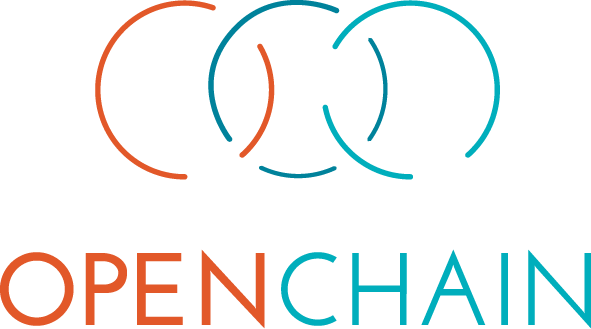
The 52nd OpenChain Webinar will cover a proposal from the Okinawa Open Labs in Japan to help “label” items in the supply chain to increase trust.
Our presenter will be MASANORI TSUJIKAWA (辻川公章) from Alaxala.
Our topic will be the Trusted Network Introduction – Eco-system based Open Trust Chaining over existing value-chain and supply-chain.
Everyone can join from this link:
https://zoom.us/j/4377592799

